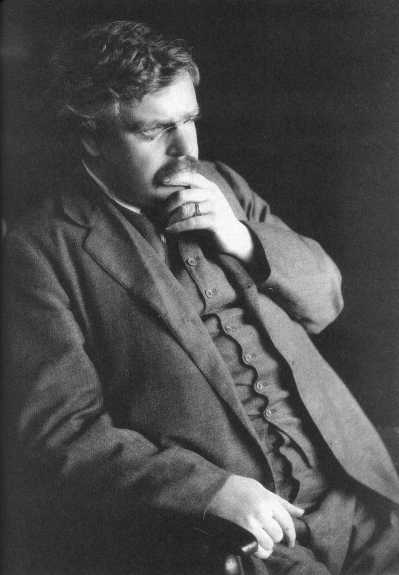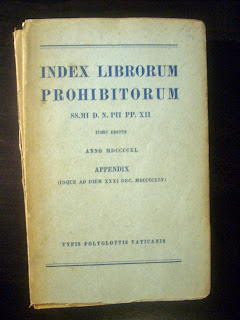A move, a marathon, and matrimonial celebrations have turned June into a perfect storm for derailing my blogging efforts. After all this activity, and at long last valiantly conquering the ISP tyrants, I am now back online. Inevitably, this hiatus has come at a time where I have far too many things to write about. In an attempt to cover some of this ground, I have herded some snippets together so my thought corral does not bulge too much.
--1--

I have thus far avoided doing reviews for this blog, since they have a tendency to quickly turn into overwrought intellectualized op-eds, but I think this has to change soon, lest I become too much of a quietist. Some friends of mine are often surprised at how much I follow movies. This is more a symptom of habits acquired on the job last year than any natural inclination, but I am a natural critic (on occasion I've been ordered not to say anything after viewing a movie for the sake of not prematurely ruining the experience for others). This summer's theater line-up includes several highly-anticipated movies, among them "For Greater Glory." On the heels of all the anticipation, I went to the theater opening weekend. I came out of it wishing I was from south of the border. Several other bloggers have published detailed reviews, including both
rants and
raves, so I won't beat this horse to death. Despite some of the more critical reviews, I found this film very moving, especially for its portrayal of Bl. Jose Sanchez del Rio. "For Greater Glory" has its flaws (unremarkable score, time restraints curtailed some character development, some slightly off liturgical details), but they don't define the film. The story could have benefited from a more raw portrayal of the main character's internal conflicts, but still a film worth seeing, and a story that needs to be told.
--2--
The past several weeks have seen a wide-spread bemoaning of libraries who have opted to take
Fifty Shades of Grey off their shelves. What has resulted is a typical flip-flopping of the title going in and out of circulation, depending on the library and the response of the public. What has once again come to light is the discussion of how libraries select for their collections and how they enforce their circulation and collection policies, along with hefty
debate over whether or not porn or erotic lit has a place in libraries. Some argue that removing
Fifty Shades of Grey from circulation would be inconsistent, since most libraries have an entire section dedicated to Romance novels, to which I say that if you really can't live without your Danielle Steele, county taxpayers shouldn't be enabling your bad habits. How exactly do romance novels and erotic lit fit into the pursuit of upholding Enlightenment values? It's still ridiculous that some public libraries have decided not to install porn filters out of concern for 'intellectual freedom.' To the best of my knowledge, porn filters aren't expansive enough to prohibit the average patron's internet-browsing needs.
--3--
Speaking of censorship, I am tremendously delighted to be the new owner of a 1940 copy of the
Index Librorum Prohibitorum. After a quick look through, I'm not sure what the historical fuss was/is all about, even at that time. Few popular novels and literature were on the list, which was mostly focused on published works that include serious doctrinal error on religious matters, although there was a general provision that covers heretical books, and most works of some notable authors, e.g. Nietzche, fall under that category. Some works by Kant and Machiavelli, however, did make the 1940
Index explicitly. The next time one of my colleagues starts hyper-ventilating about the "Church's Banned Books List," I really hope they take my suggestion to actually study the real
Index. I'm still seeking out a good book that covers the actual history and use of the
Index, since there is so little that I know and understand about it myself.




